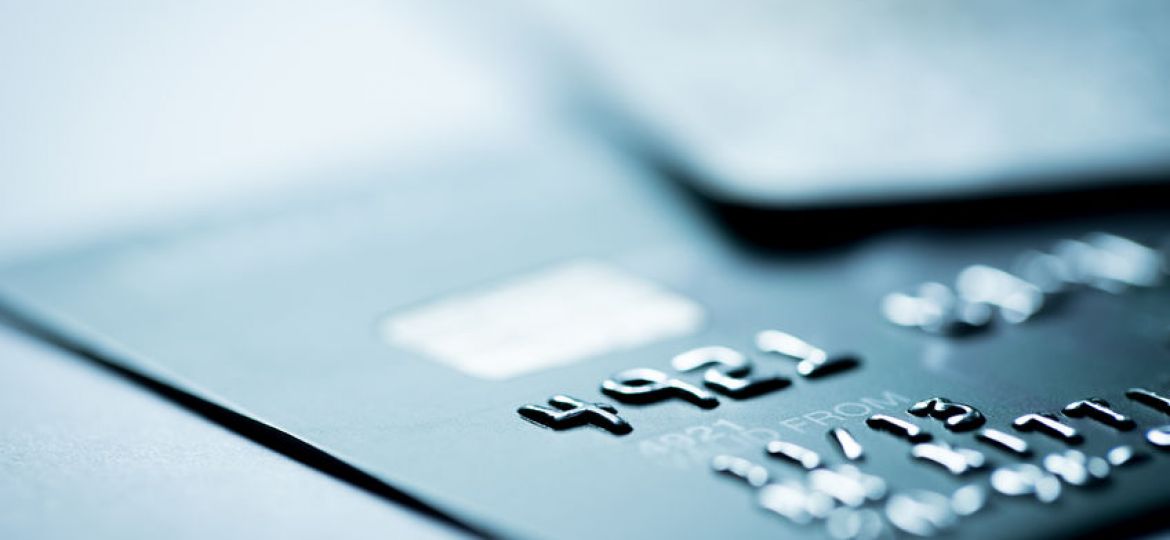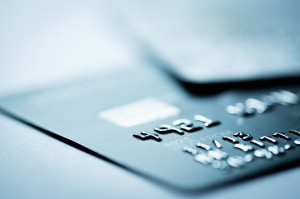
 Being sent to collections is a worry for many, especially if you’re struggling to make your payments. Beyond the initial fear of consequences, what exactly can debt bring to your financial experience?
Being sent to collections is a worry for many, especially if you’re struggling to make your payments. Beyond the initial fear of consequences, what exactly can debt bring to your financial experience?
We know that it can negatively impact your credit score, which can affect your ability to make large purchases. However, did you know that debt can actually be beneficial within reason? Maintaining some debt is good because paying it off can increase your credit score. However, it’s essential to maintain control and, where possible, avoid late payments if you want to avoid collections. In this article, we’ll cover what happens when debt is sent to collections, how you can best manage your finances, and how to avoid payments being sent to collections in the first place. That way, you can protect yourself and your credit score confidently.
What happens when debt is sent to collections?
Late payment fees happen, whether by accident (i.e. if you haven’t updated your credit card information) or because you don’t have adequate funds to make the payment. If you see a late fee on your statement, it’s important to remain calm and aware. Fees can be resolved with quick and strategic action. Creditors understand that everyone’s situation is different, especially given the volatile state of people’s personal finances since the start of the pandemic. They will generally resolve each situation on a case-by-case basis.
When a late fee is placed on your account, the creditor will usually contact you to recover the debt as quickly as possible. This may vary depending on which institution the debt is linked to, which is why it’s important to have your finger on the pulse of the account and your personal finances. Each creditor has different policies on late payments, including payment fees. Because of this, it’s important to review the terms and conditions before taking out any amount of credit on a card or account. If a creditor isn’t able to recover the debt after a certain amount of time has passed, you will either receive a default notice, or they will reassign the debt to a collection agency who will contact you on behalf of the creditor.
When you’re sent to collections, they will continue to contact you through personalized letters, phone calls, and emails until you have mutually agreed on a recovery plan for the debt. Letters from debt collection agencies may appear more concerning than letters from the original creditor, as they may threaten court action, additional fee structures, or other unsavory consequences. You always have the right to request that debt collection agencies stop contacting you.
How to avoid being sent to collections
If you want to avoid being sent to collections, it’s important to remain on top of all of your payments. If your financial circumstances change, you can quickly pinpoint upcoming costs and see if you can cancel or pause any future transactions with the creditor. If you find yourself missing a payment, there are different plans of action that you can take advantage of to resolve the issue with as little damage to your credit as possible:
- Take action quickly
Contact your creditors as soon as you get a notice of late payment. It is better to contact them sooner rather than later. The longer you leave it, the more likely the chance that your debt will be passed on to collections. If you choose to call sooner and explain your circumstances, creditors may be more understanding and willing to create a custom payment plan with you rather than ask you to resolve the total amount of the debt immediately. - Be cautious when offering details
Debt resolution is a serious issue that involves a lot of your personal information being shared. Trained creditors will remain professional and discrete when asking for sensitive information. Despite this, it can be easy to fall into a scam. Remain cautious when working to resolve your debt, and always question if you feel that something isn’t right. Missing the signs of a scam could result in hefty fees and scam payouts, which could negatively impact your financial future. - Negotiate your debt to free up more capital to resolve bills and payments
Contacting your creditors quickly usually results in them being willing to negotiate a payment plan or reduced fee schedule with you, and can help your account avoid being sent to collections. Before you call, identify your reason for not being able to pay your bill. Whether it’s job losses or unexpected medical expenses, be clear before presenting your argument. Don’t be afraid to negotiate, and provide them with a realistic amount that you can pay monthly to work toward debt resolution.
Ascent Law is here to help you deal with delinquent accounts
Resolving debts with a creditor is always preferred over working with collections agencies. Depending on the extent of your debt, you may look into legal representation to ensure that your interests are protected. For more information about how you can find legal assistance for debt resolution, please contact us at (801) 432-8682.
